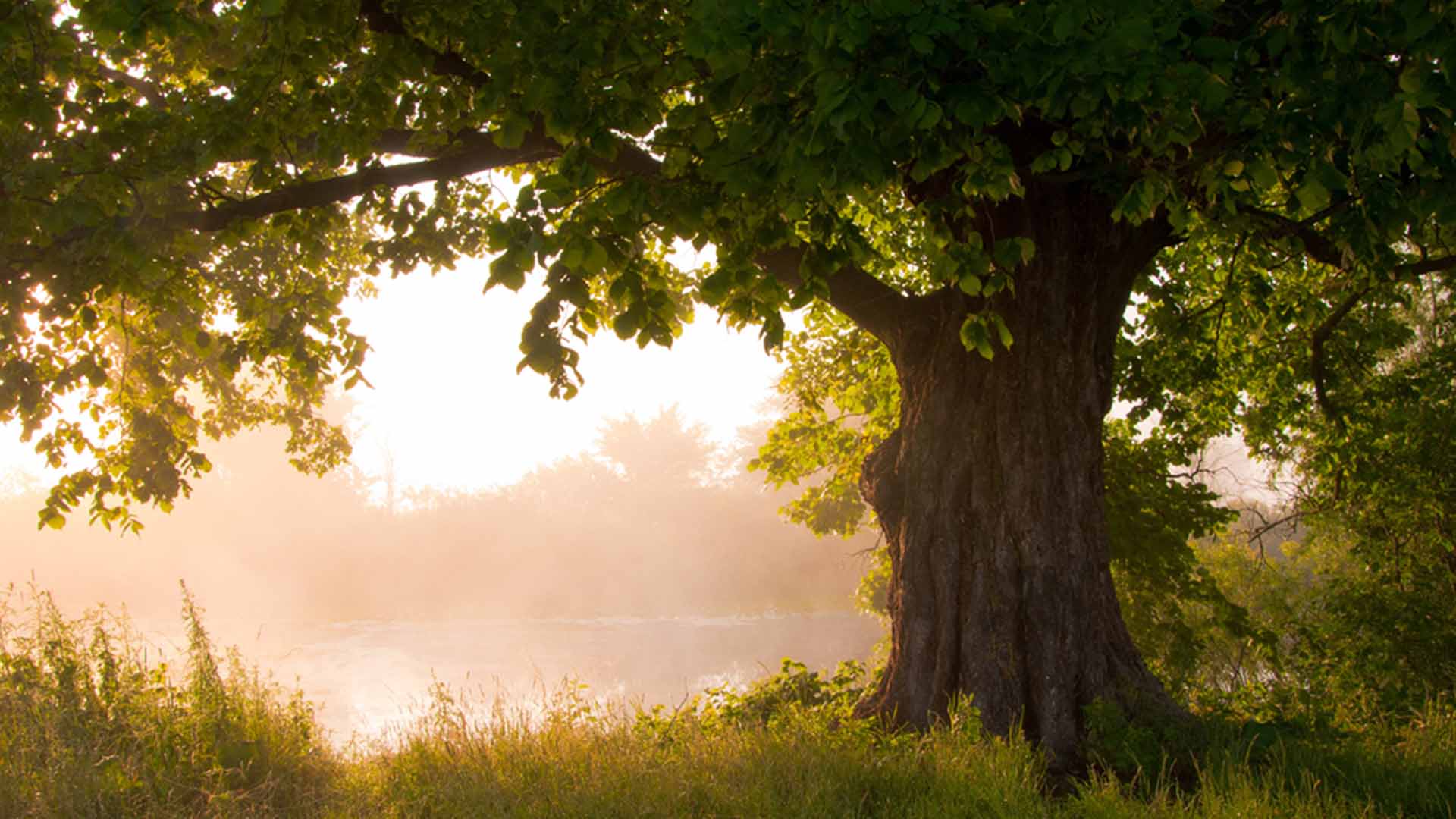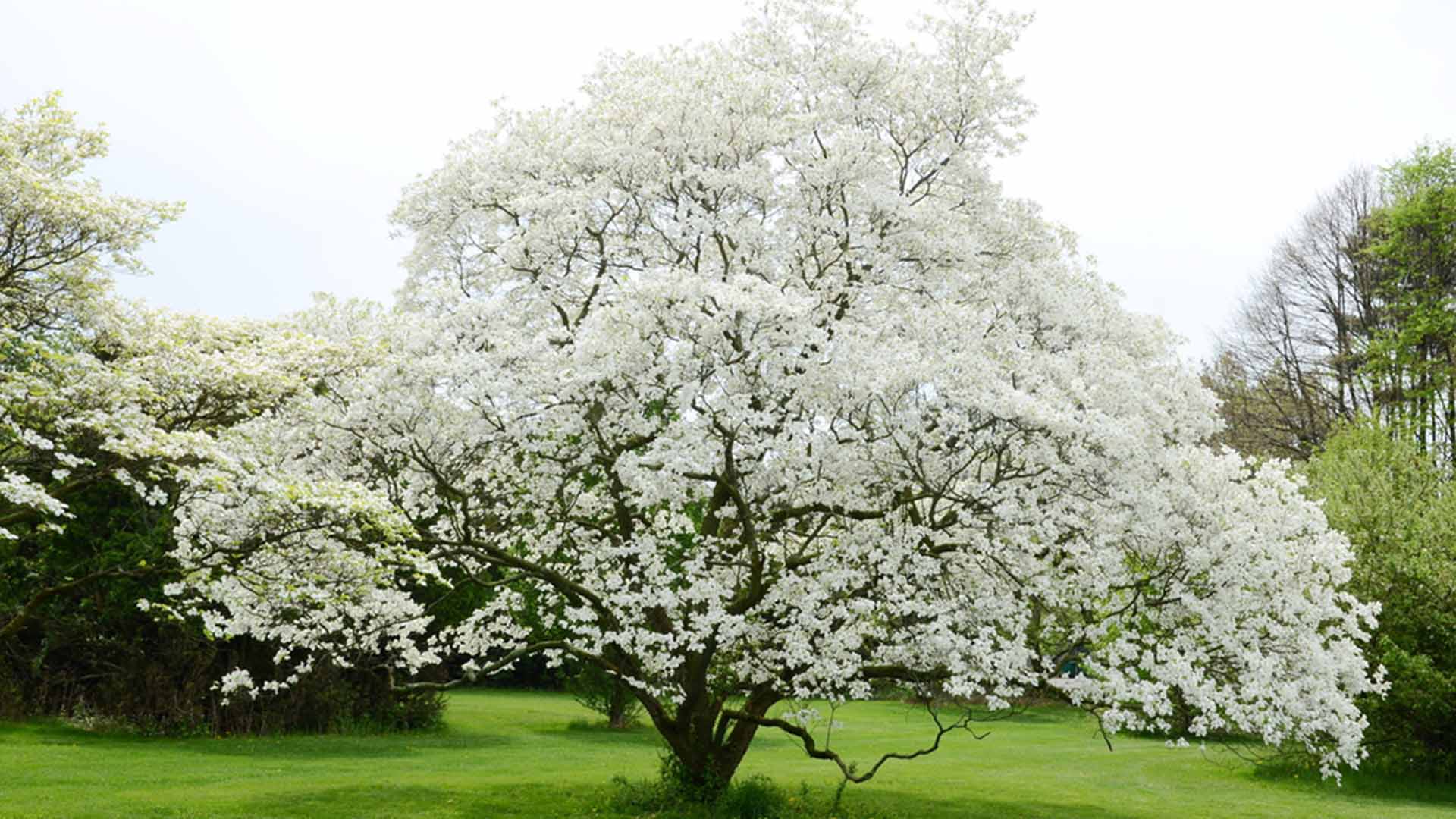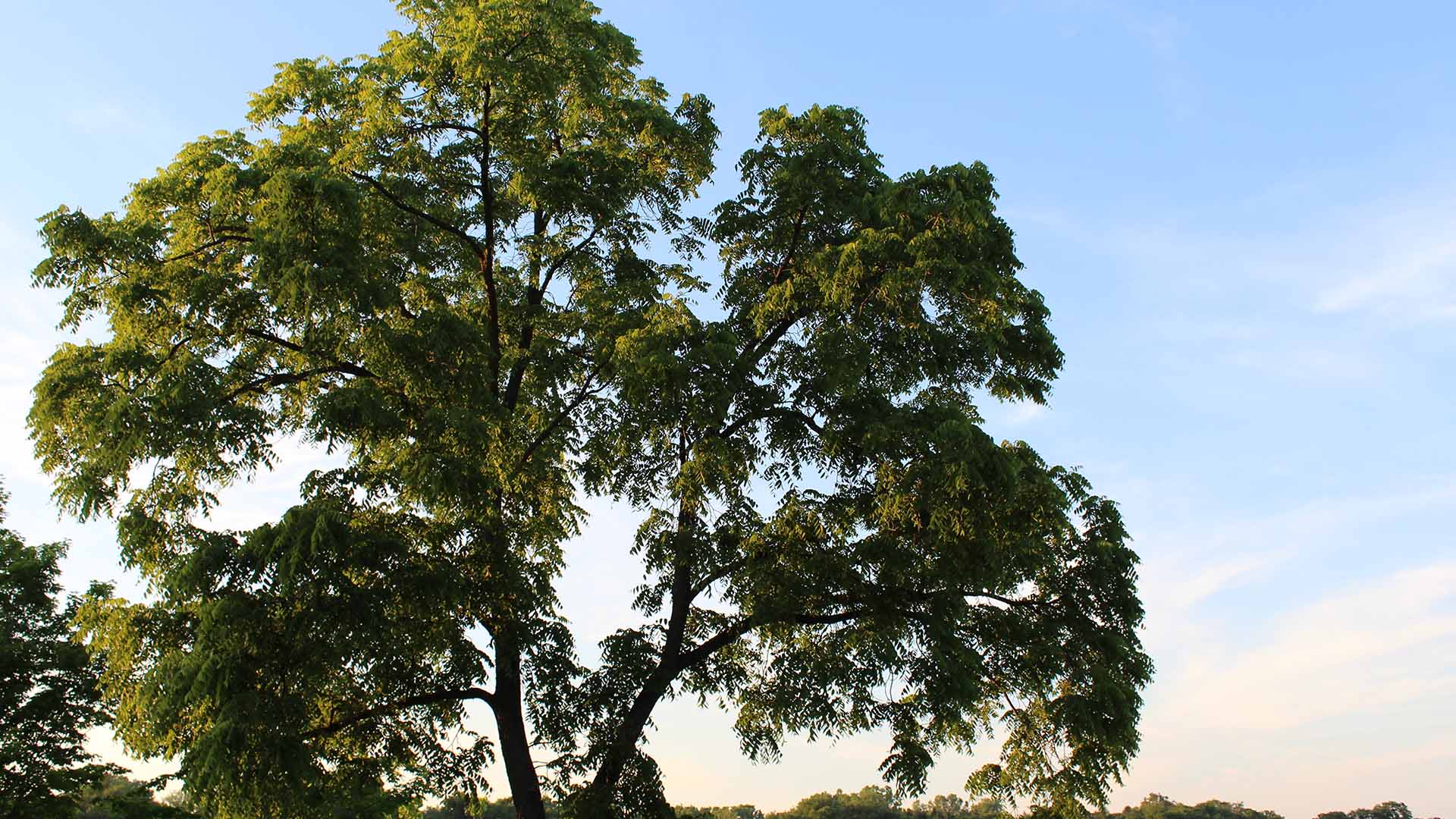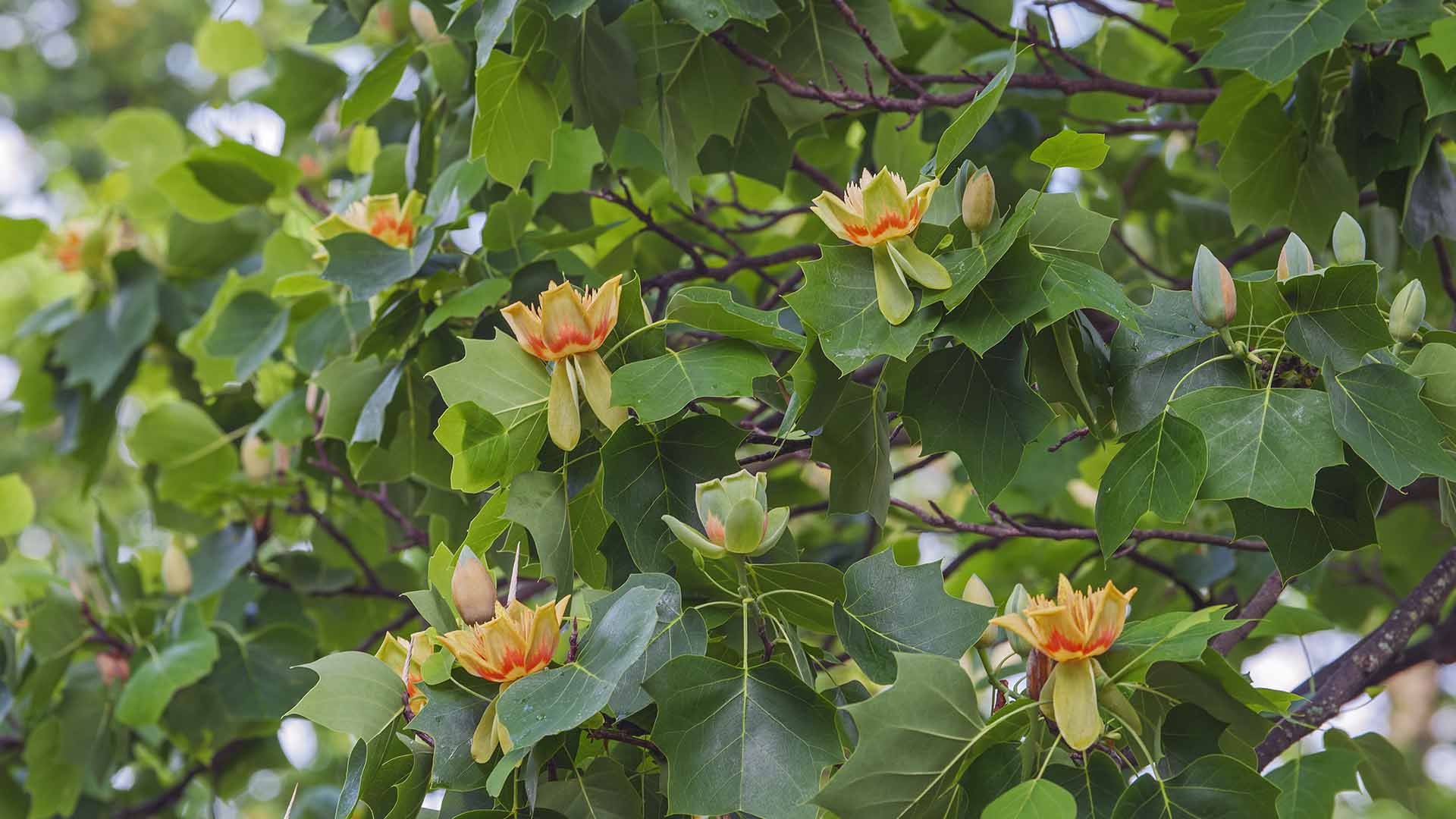There’s no better way to celebrate Earth Day than to put on your gardening gloves, grab your shovel, and go out into the sunshine to plant a tree. As you would when planting anything, the first step is to heavily research your local climate and soil conditions and to find a tree that will thrive best in your area. But if you want a few ideas of trees with great environmental benefits and resiliency in many North American climates, we’ve got you covered like a full shade.

Oak
Planting a classic oak tree is not only good for the environment, but the different varieties of oak make them suited for an array of climates and conditions. They are large and have an average lifespan between 150-300 years old. They are also common in North America and can be found in virtually every region of the United States. If you decide to plant an oak to celebrate Earth Day, make sure to plant it in full sun with well-draining soil. And if you’re growing from acorns, start them in a pot to protect them from local wildlife interference. To prepare them for planting, give them an overnight soak followed by stratification for red oak acorns.

Flowering Dogwood
Many homeowners already choose to plant the flowering dogwood as its white and pink flowers add an ornamental touch to any lawn. But its blossoms, which typically bloom between April and May, and red berries also attract wildlife and provide a food source for local birds. This means that an area where a flowering dogwood can potentially become a biodiversity hotspot over time. The plant is also native, which means it can grow in almost any climate.

Black Walnut
The black walnut tree grows between 50-75 feet tall and can live up to 200 years, making it a perfect Earth day plant since it will be able to absorb carbon for many years. They are also native to the United States, particularly the central and eastern states, which makes them fairly easy to grow in North America. And they have the added benefit of producing delicious walnuts which can be used in any number of food and baked goods. The black walnut does best in full sun with rich soil and plenty of room to grow. They have a low tolerance for drought and can be sensitive to frost damage in their early years.

Tulip Tree
Also known as the yellow poplar, tulip trees can grow up to 120 feet tall and sprout beautiful tulip-shaped flowers with a wide range of pollinators. Not only is this one of the top trees for taking in carbon dioxide, but it’s also hardy and is able to thrive in most climates. And since they can grow so tall, they can provide shade for homes which will improve overall energy efficiency. These trees grow best in full sun and moist well-drained soil with plenty of watering.
Discover more about the World of Inspiration, and see the wonder of the Southwest, Antarctica’s desert, and Ireland’s Cliffs of Moher.







